In Naivasha, Kenya, 62 rescued donkeys are enduring severe hunger and life-threatening respiratory illnesses after surviving a nightmarish experience. These animals were confiscated by local authorities during an investigation into the stealing and slaughtering of donkeys for the illicit donkey skin trade.
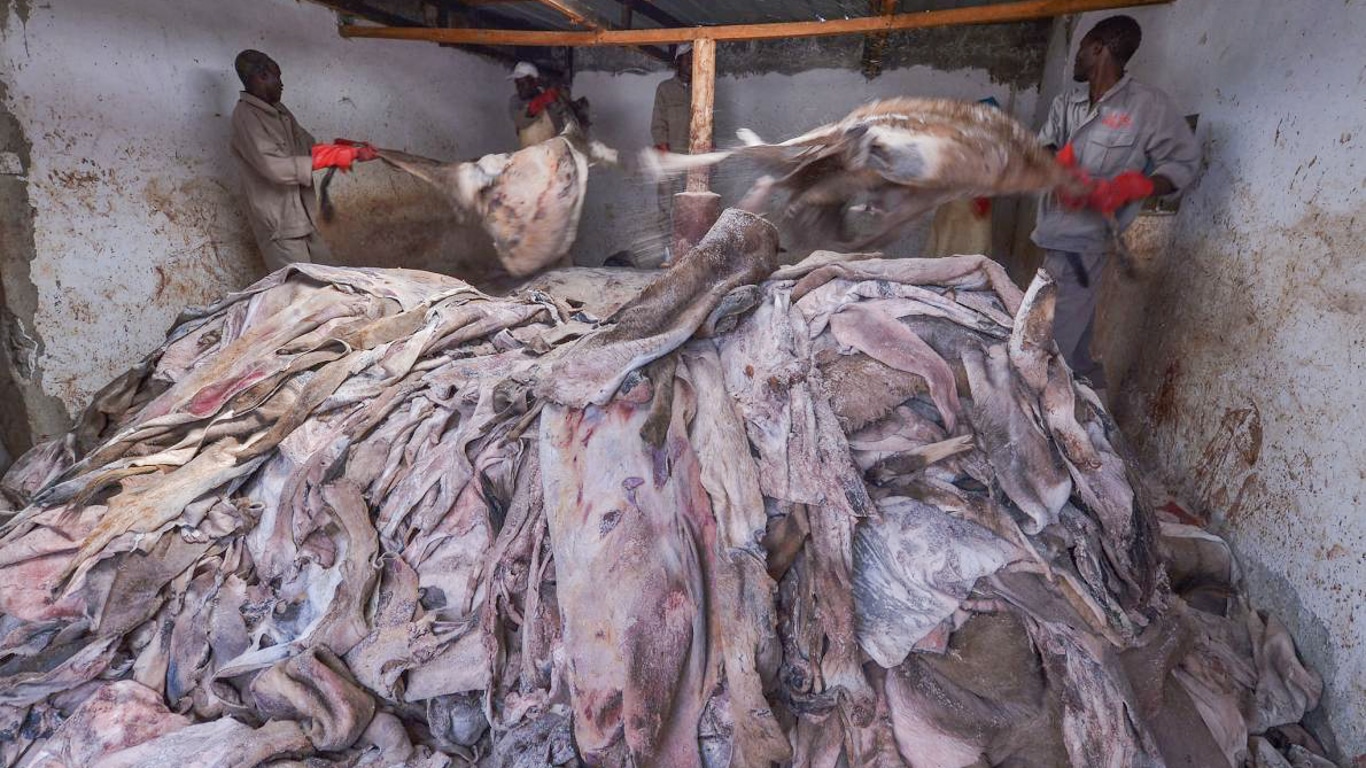
The donkeys went from the frying pan to the fire…
Recently, our partner, the Kenya Society for the Protection and Care of Animals (KSPCA), discovered that at the government holding facility, the donkeys were deprived of food and veterinary care. They were left emaciated and covered in untreated, agonizing wounds.
The situation took a turn for the worse when a sudden, devastating torrential downpour flooded the facility – leaving the already weakened animals to wade around in ankle-deep water. Donkeys are not well adapted to cold, wet conditions, and many contracted pneumonia as a result of their severely weakened immune systems.
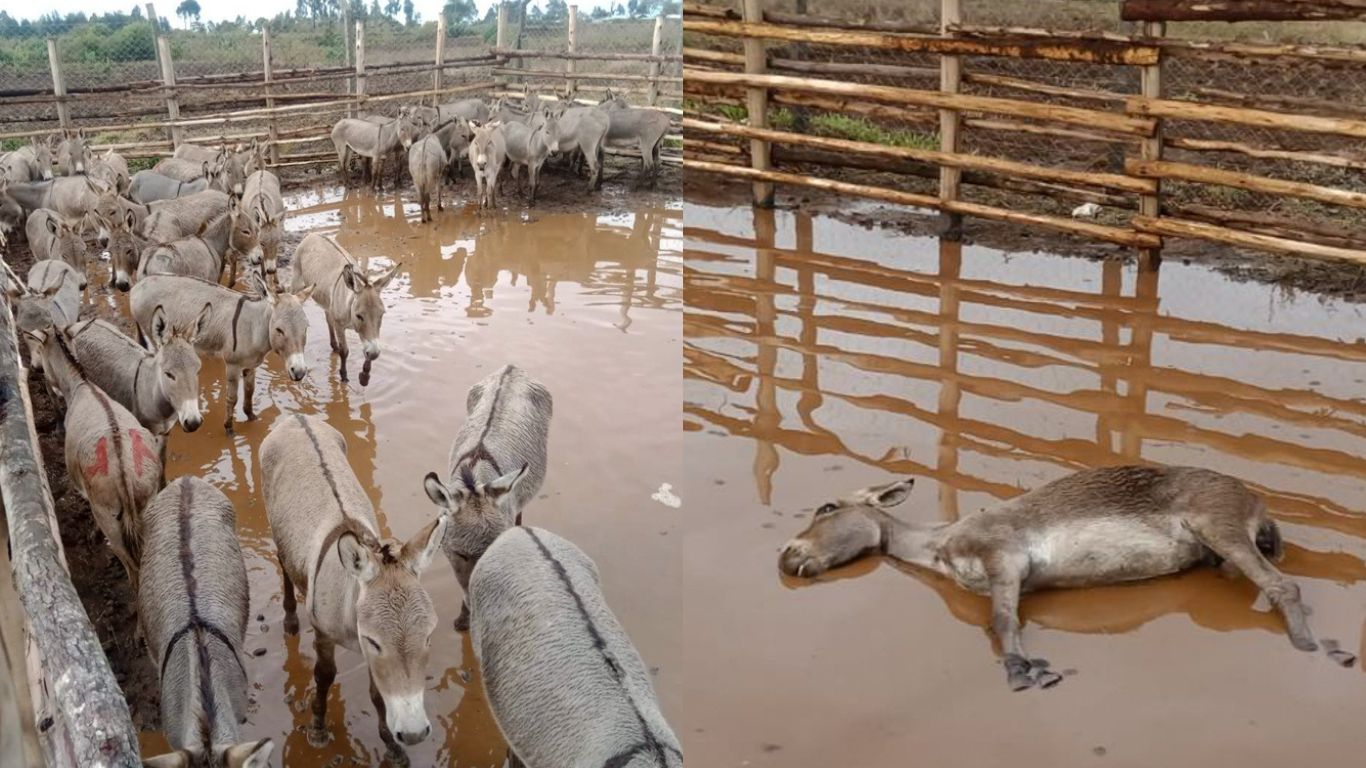
Credit: KSPCA
There was no choice – the donkeys needed emergency evacuation.
It breaks our hearts to tell you that two innocent donkeys died at the facility before we could get to them. 62 made it to safety at the KSPCA’s sanctuary in Naivasha, and with your help, we can ensure their future survival.
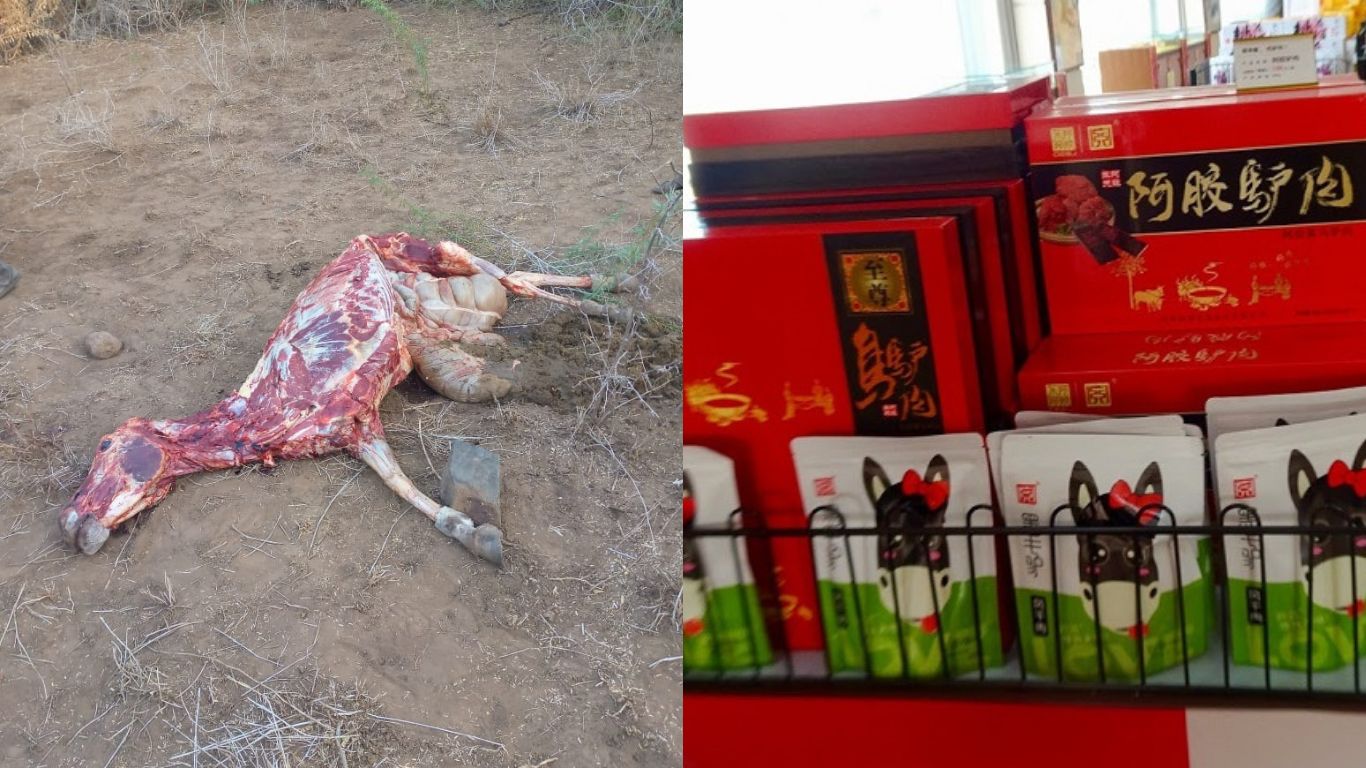
We are shocked too, but not surprised that the donkeys were badly treated by the authorities supposed to look after them, because time and again, in many places where we work, the authorities just don’t care about animals. The police did their job and confiscated the donkeys from the donkey skin killers, but then the donkeys became the government’s responsibility, and the government people who were supposed to care for the donkeys did not have the capacity to do so. As so often in our work, it was left to us and our supporters to pick up the pieces and provide hope for the animals.
Our partner, the KSPCA, is the only organization in Kenya with trained staff and a legal mandate that allows them to seize abused animals. They were able to respond quickly to this emergency, but transporting 62 donkeys is not easy or inexpensive, and they turned to us in despair. It is animal lovers like you that will ensure these creatures get care. Thank heavens for people like you, who love animals.
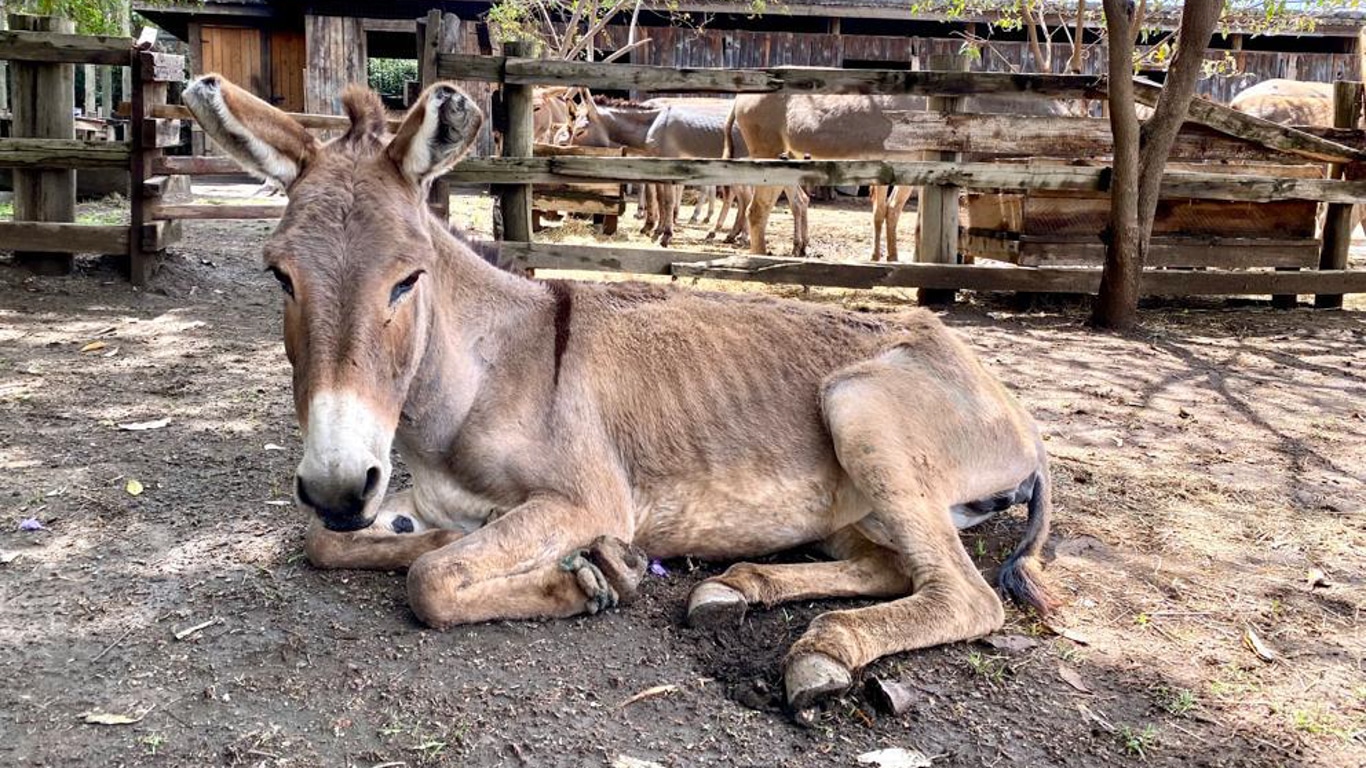
The most critical needs right now are food, veterinary care and security.
If we can raise $10,000 (£8,125), we can fill their tummies, treat their wounds and provide them with safety and the tender loving care they truly deserve following their traumatic experiences. Please, will you help us?
Donkeys are in crisis all around the world. This is almost entirely due to the demand for their skins in China, where they are used to make a cosmetic called ejiao. Although donkey slaughter is illegal in Kenya, it still continues. In February, police discovered an unlicensed slaughterhouse with fresh donkey meat and severed heads from 30 donkeys. The skins were missing, no doubt already rendered down for ejiao. Ejiao sells for approximately $783 (£630) per kilogram/$400 (£320) per pound, and the Chinese market for it increased from roughly $3.2 billion (£2.7 billion) in 2013 to $7.8 billion (£6.4 billion) in 2020. Against money like that, we have an uphill battle to save donkeys, but we will never give up. And we have friends like you!
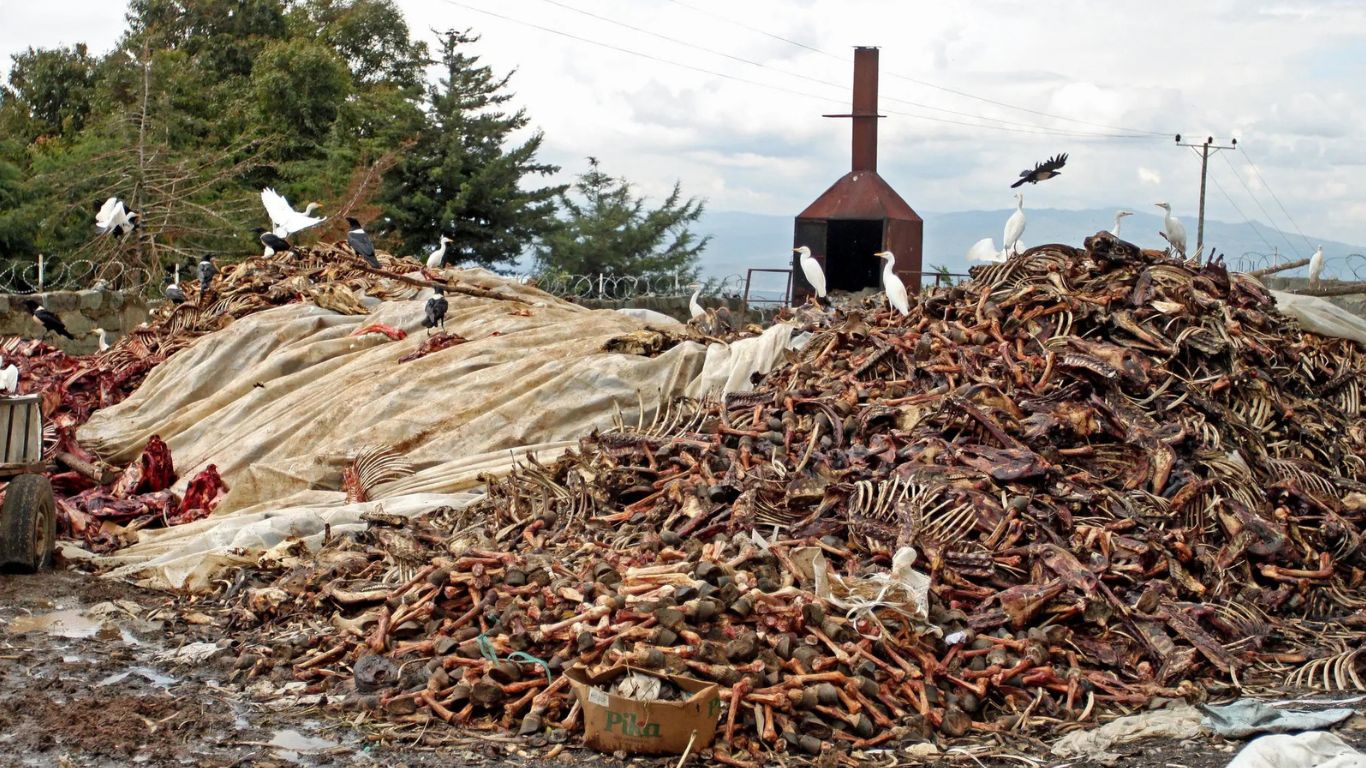
Credit: Rachel Nuwer/New York Times
The practice of donkey slaughter is prohibited in Kenya following the dramatic decline in donkey populations in the 2010s. However, the KSPCA has evidence that illegal donkey slaughter continues in the country.
Your donation today will provide essential food and medical treatment for the 62 malnourished and injured donkeys and support KSPCA’s crucial investigations into illegal donkey slaughter in Kenya. This is critical in our fight to end the appalling donkey skin trade once and for all.
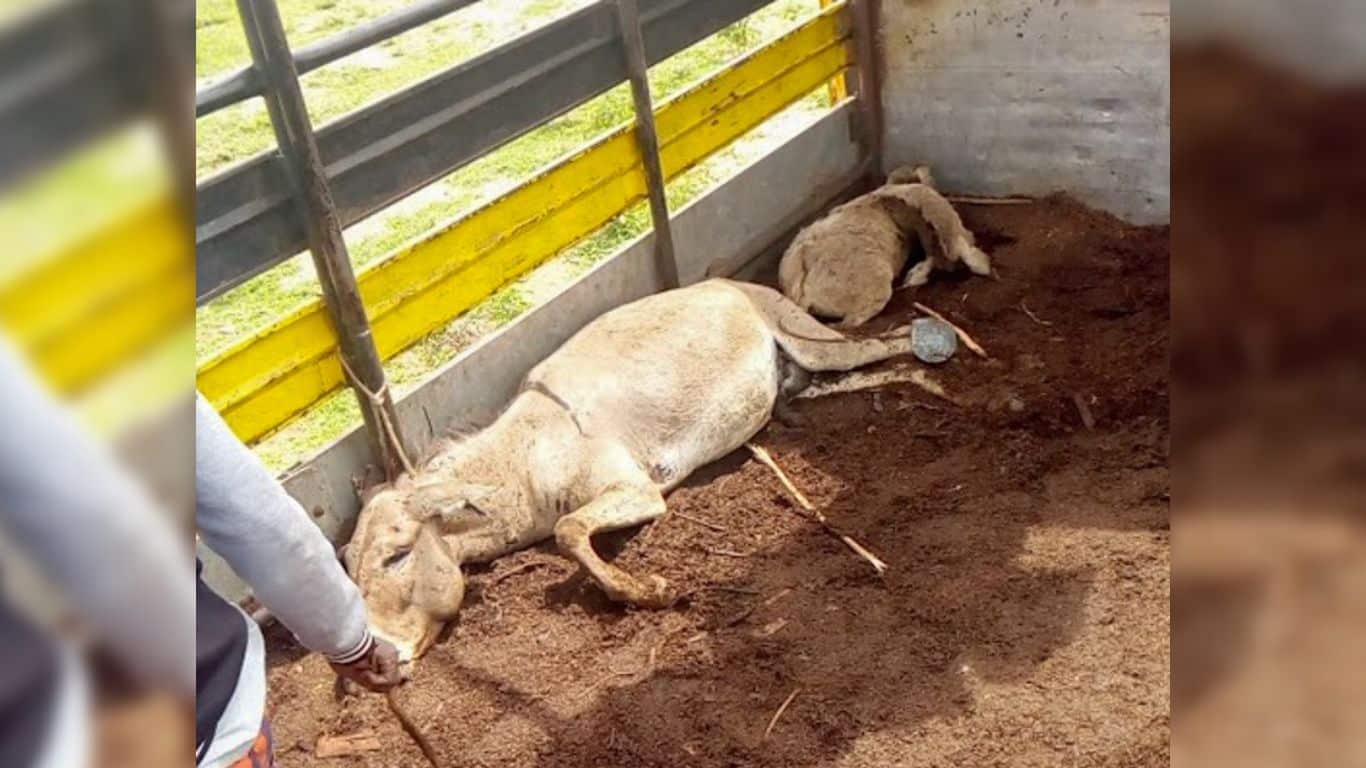
These gentle creatures have suffered enough. Please help us ease their pain by donating as generously as you possibly can today.

